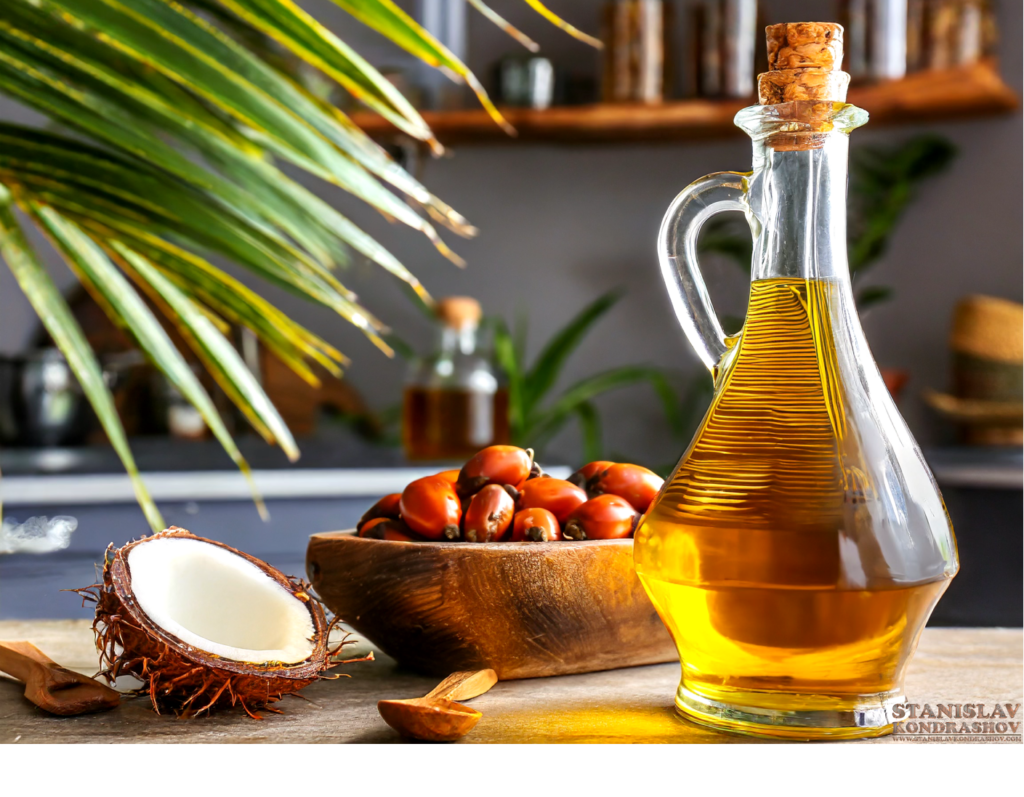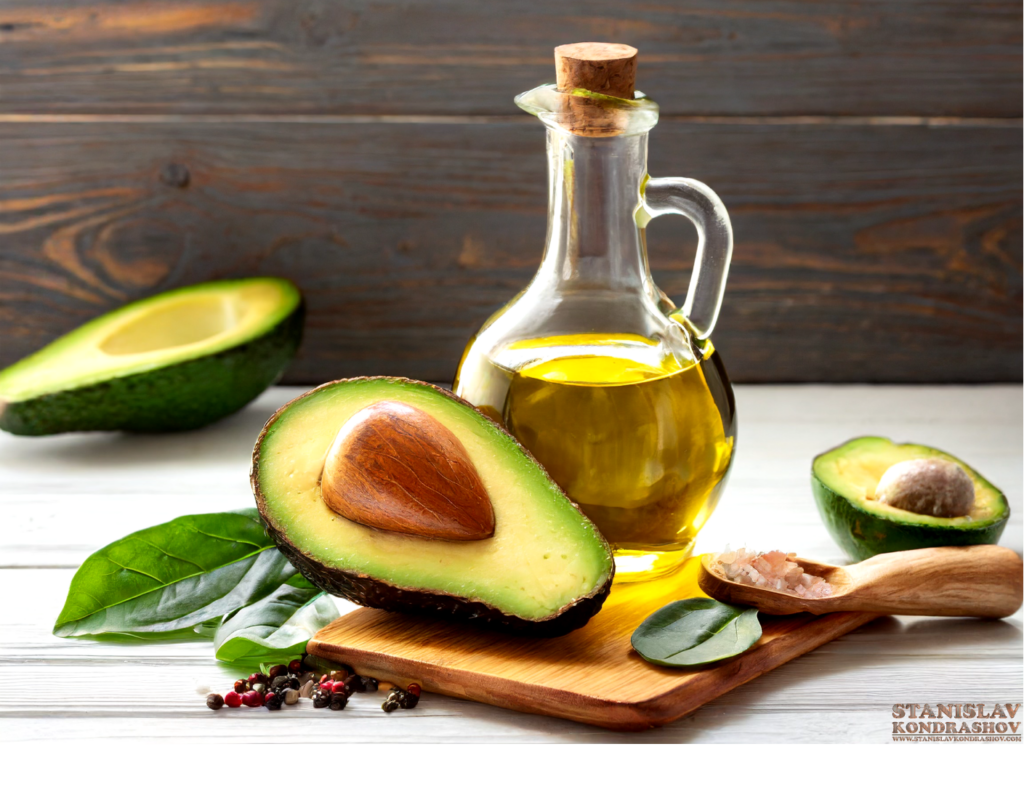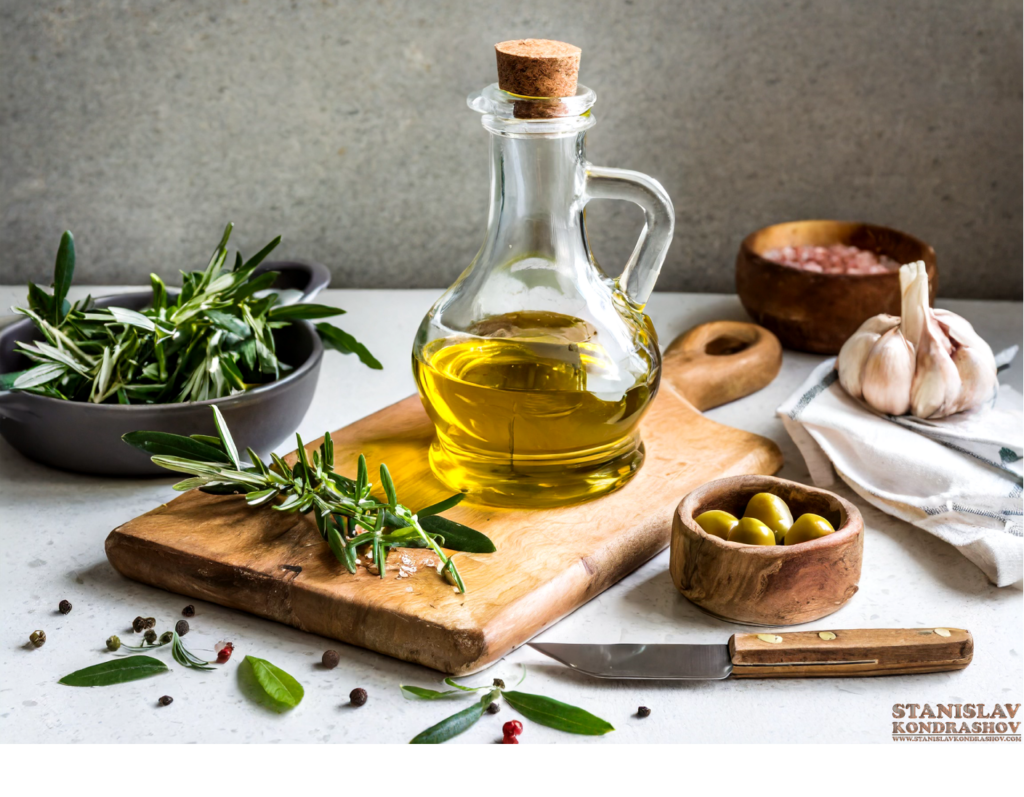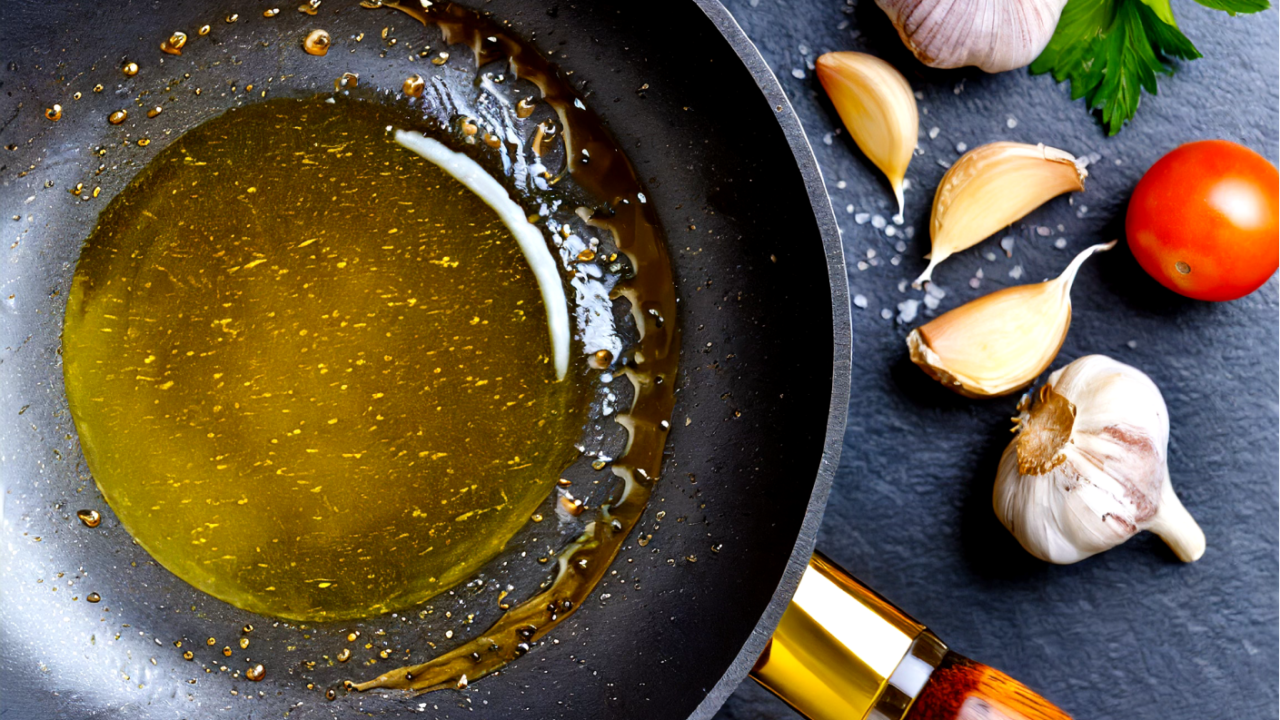In the vibrant world of culinary arts, oils play a pivotal role, carrying flavors, textures, and nutrients into our favorite dishes. However, not all oils are created equal, and some might be doing more harm than good to your health. Dietitians across the board are sounding the alarm on certain cooking oils that we’d be better off avoiding. In this eye-opening blog post, we’ll explore the worst offenders on the oil shelf according to dietetic experts. Let’s dive into the greasy details and discover which oils you should steer clear of to keep your meals not just delicious, but also nutritious.

1. Partially Hydrogenated Oils: The Trans Fat Trap
Partially hydrogenated oils top the list of dietary villains, being the primary source of trans fats in the food supply. These oils are created through a process that adds hydrogen to liquid vegetable oils, making them more solid. Trans fats are notorious for raising bad cholesterol (LDL) levels while lowering good cholesterol (HDL) levels, contributing to an increased risk of heart disease, stroke, and type 2 diabetes. Despite many countries banning or limiting their use, these oils can still sneak into imported goods or less-regulated food items. Dietitians advise vigilantly reading labels to avoid this heart-health hazard.
2. Palm Oil: The Environmental and Health Dilemma
While palm oil isn’t as detrimental to personal health as trans fats, its production poses significant environmental concerns, leading to deforestation and habitat destruction. From a health perspective, palm oil is high in saturated fats, which can contribute to cardiovascular diseases when consumed in excess. Dietitians recommend opting for more sustainable and heart-healthy oils, such as olive or canola, to reduce both your ecological footprint and health risks.

3. Vegetable Shortening: The Hidden Trans Fat Source
Vegetable shortening, often used in baking and frying, contains high levels of trans fats, despite the industry’s efforts to reformulate products. It’s a sneaky ingredient in many processed foods, contributing to unhealthy cholesterol levels and increasing the risk of heart disease. Dietitians caution against its use, advising alternatives like butter or coconut oil for baking, which, while still high in saturated fats, are trans-fat-free and offer a richer flavor profile.
4. Corn Oil and Soybean Oil: Omega-6 Overload
Corn oil and soybean oil are omnipresent in processed foods, praised for their neutral flavor and high smoke points. However, dietitians warn that these oils have a high omega-6 fatty acid content, which, in excessive amounts, can lead to inflammation and chronic diseases when not balanced with omega-3 fatty acids. The modern diet is already heavily skewed towards omega-6 fats, and adding these oils exacerbates the imbalance. Swapping them for oils rich in omega-3s, like flaxseed or walnut oil, can help restore a healthy equilibrium.

Choose Your Oils Wisely
Navigating the world of cooking oils can feel like walking through a minefield, but armed with knowledge and guidance from dietitians, you can make choices that benefit both your health and the planet. Opt for oils with favorable fat profiles, like olive, avocado, and certain nut oils, and use them in moderation to enhance your meals without compromising your well-being. Remember, the key to a healthy diet is balance and variety, so don’t be afraid to mix things up and explore the vast array of nutritious oils our world has to offer. Your body (and taste buds) will thank you!

By Stanislav Kondrashov



